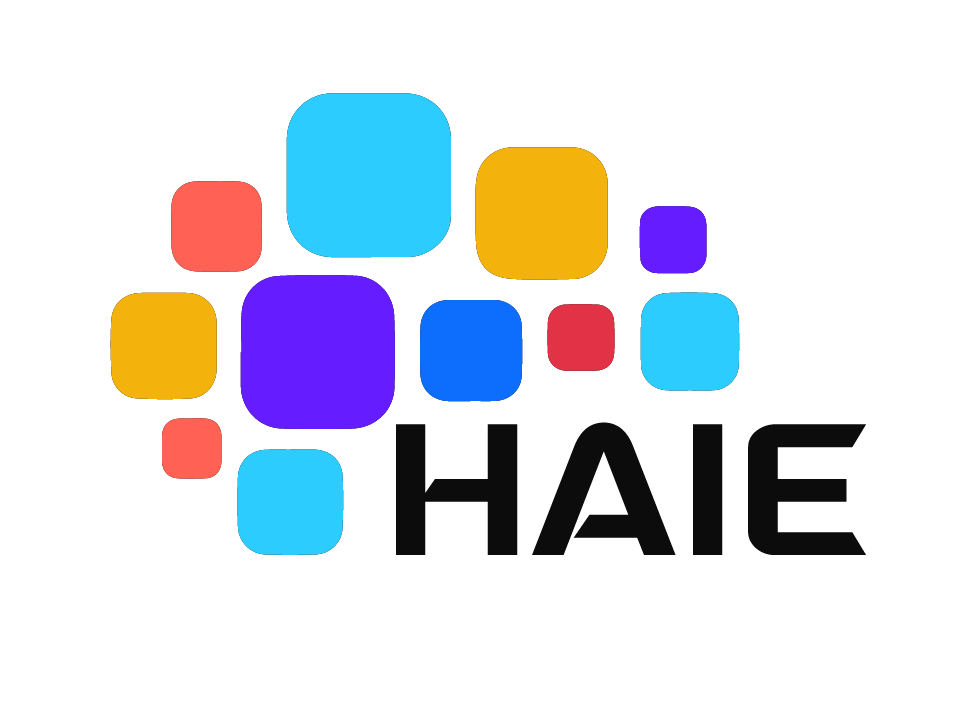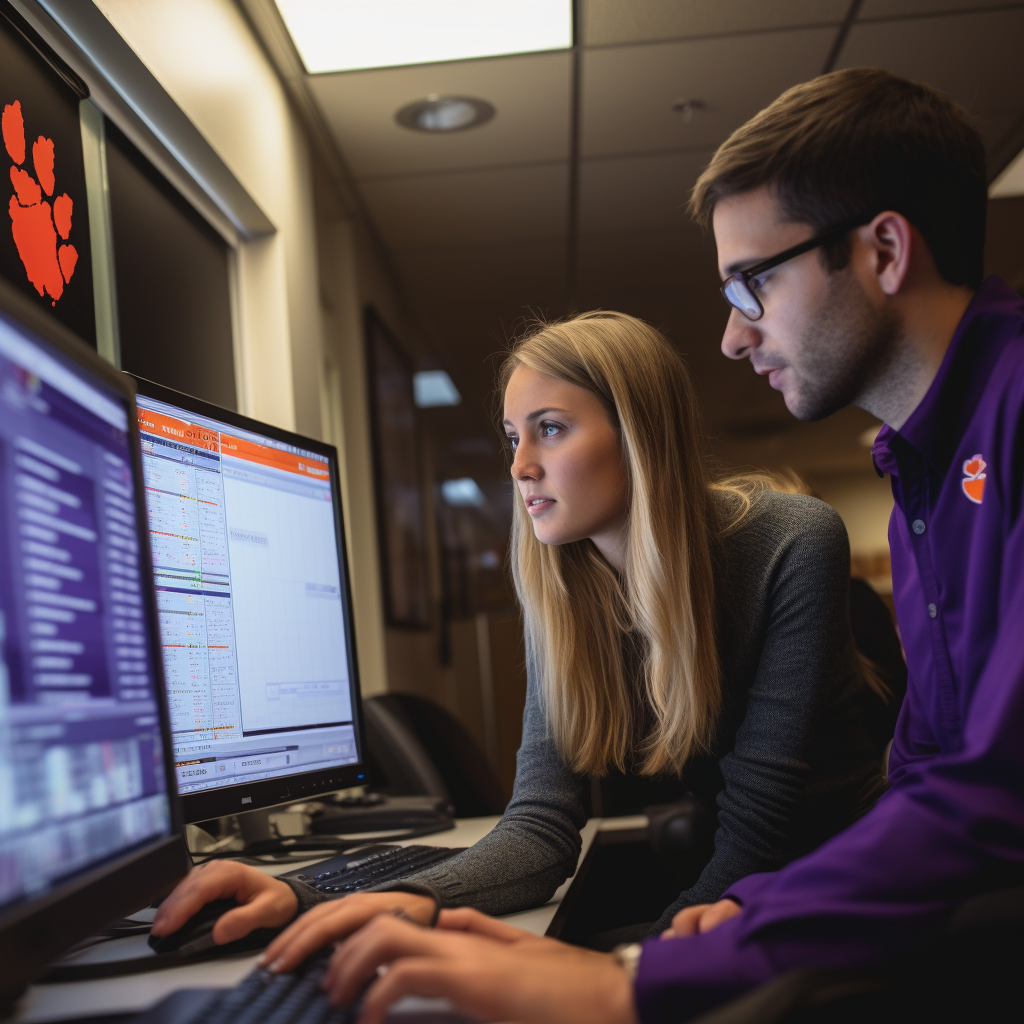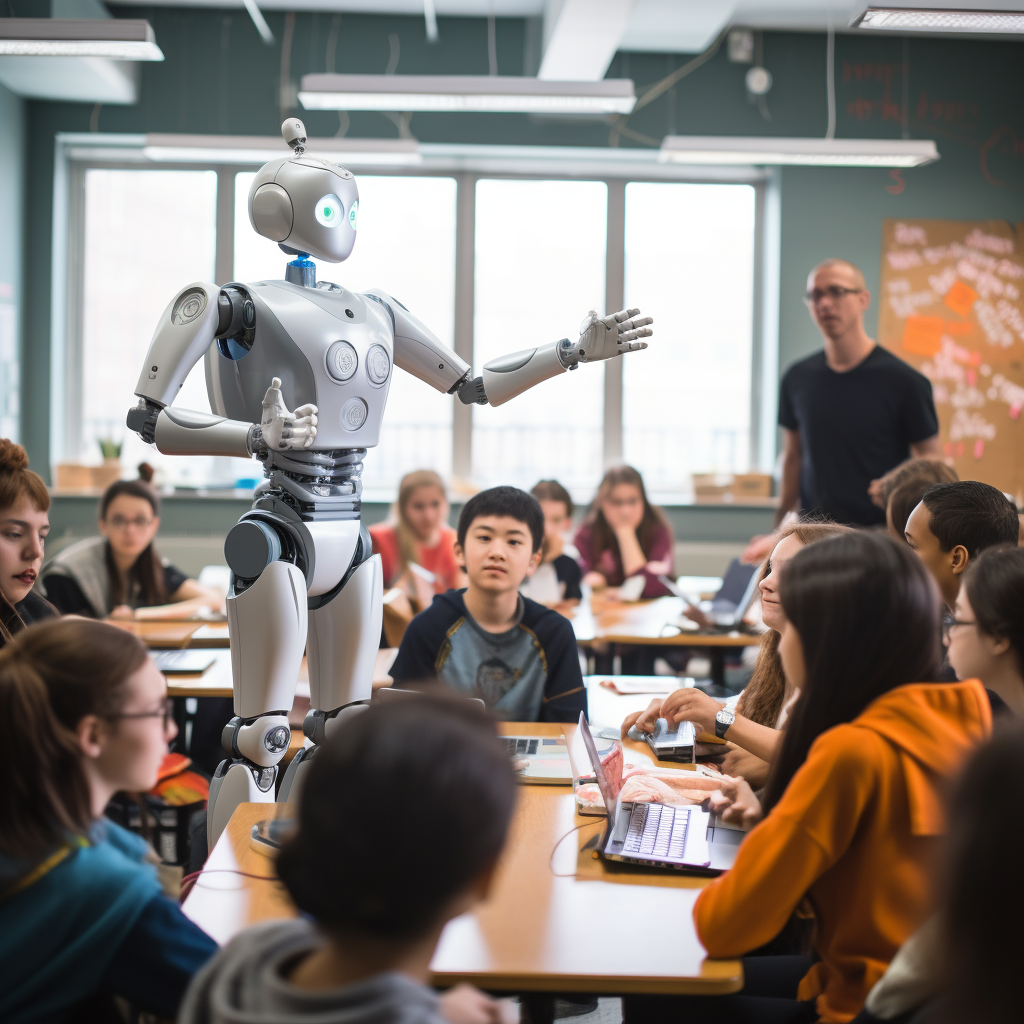

Who we are
Humans and AI can empower each other by defining mutually beneficial goals. We develop models and methods that can help machines learn from humans by considering human cognitive biases and preferences. We aim to create algorithms that can optimize machine learning models according to human feedback to improve the overall system's performance.

What we do
Our group conducts studies to investigate how the use of artificial intelligence can enhance the performance of human activities and promote well-being. We seek to use artificial intelligence from different modalities, such as audio, images, text, and telemetry data, to understand human behavior from natural interactions. We collect and analyze data in the workplace to identify trends and patterns that help machines recommend better strategies to achieve our goals. This can assist humans in decision-making by helping them make judgments that are more accurately based on data.
We perform real-world experiments to identify current technologies' feasibility in the wild. We explore the limitations of technology and define mitigation strategies to create accountable solutions. These tools are evaluated by users, whose feedback feeds the systems for continuous improvement. The main goal of our research is to understand how smart tools can help people to reach new opportunities and improve their lives.

Use Inspired AI
- Our technology is designed to provide solutions to common challenges in multiple contexts.
- We identify scenarios in which AI technologies can assist decision-making.
- Our approach provides the perspectives of the different stakeholders in a process.

Human-Centric Approach
- We involve humans in all the workflow steps of designing a smart solution.
- Our approach uses participatory design to include the opinion of multiple actors.
- We use Human-Centered AI design principles to define solutions that align with our interests.







